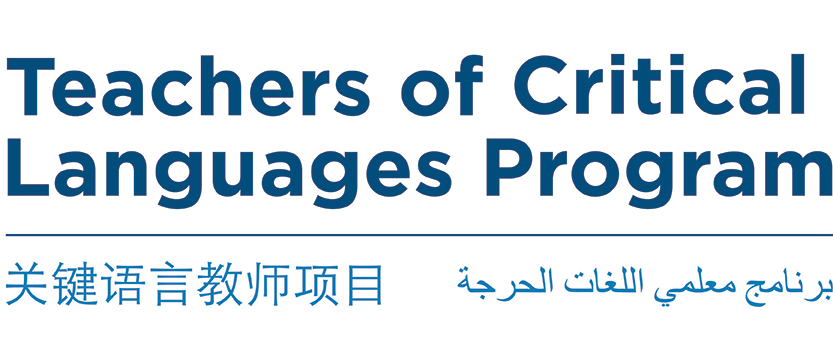TCLP - December 2024 Highlights
In this video:
- Hao Tzu-Ya (Tommy’s Road Elementary School, NC) leads her students in an interactive activity to help them learn different words in Mandarin to describe the taste of things, such as “bitter” or “salty.” First, Ms. Hao introduces the vocabulary in Mandarin without telling her students the English meaning. Then, students taste food or spices corresponding to each vocabulary word and guess the meaning by describing what they taste.
- Lee Yu-Ku (Wildwood High School, NJ) shares a culminating project that incorporates her beginning Mandarin students’ reading, writing, speaking and listening skills with the vocabulary that they have been learning since September. Students created a dialogue, illustrated and wrote the conversation as a cartoon, and presented it in front of their classmates.
- Peng Yun (German International School, OR) helps her students practice numbers and telling time in Mandarin. Students listen to Ms. Peng say a time, and then they draw the time that was said on their individual analog clocks.
- Weng Yu-Xuan (California Area Senior High School, PA) reviews the names of colors in Mandarin with her students, engaging them in a memory game to identify which color is missing from the board.
